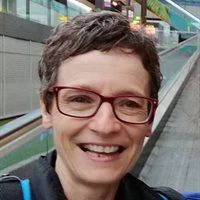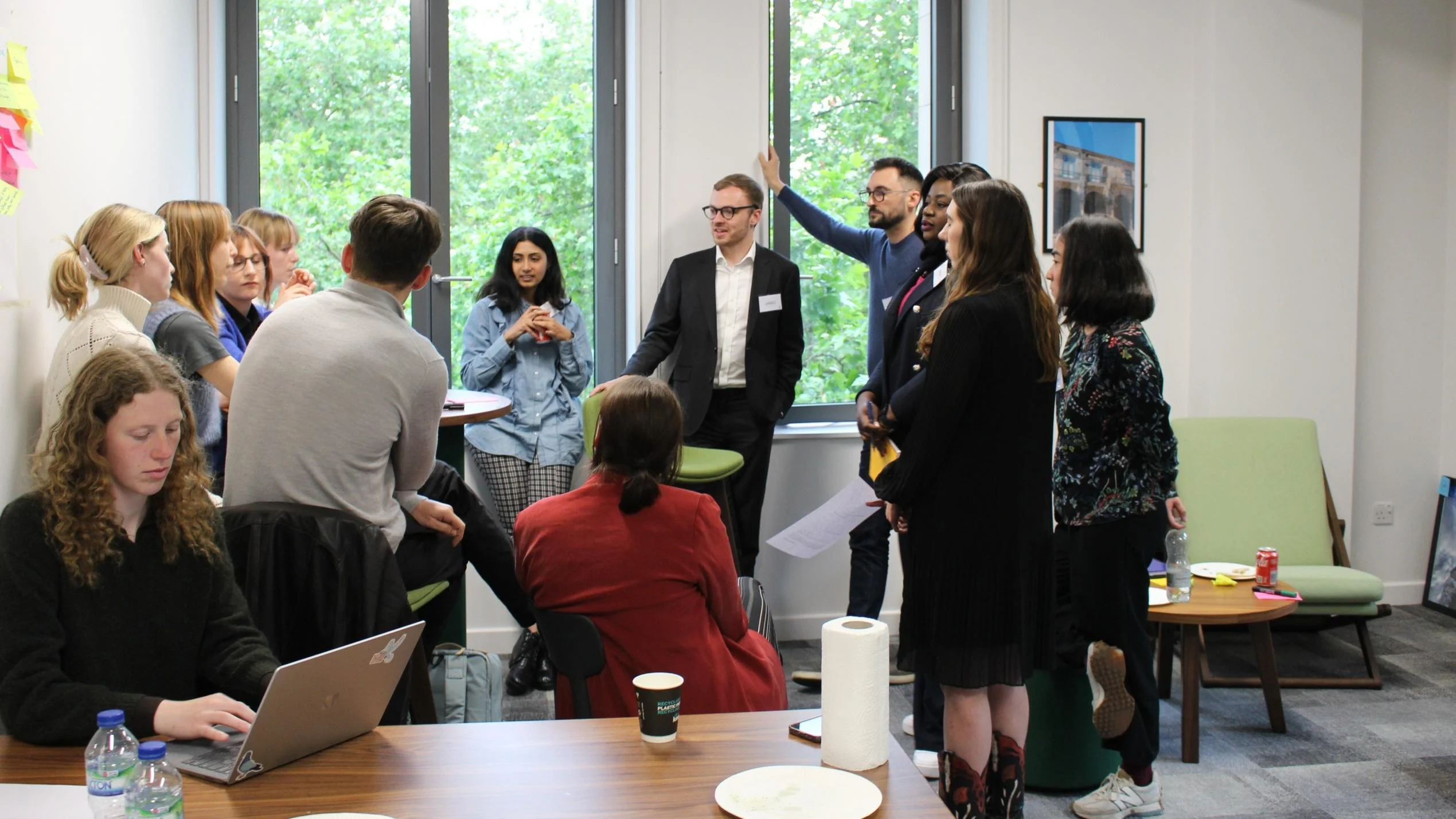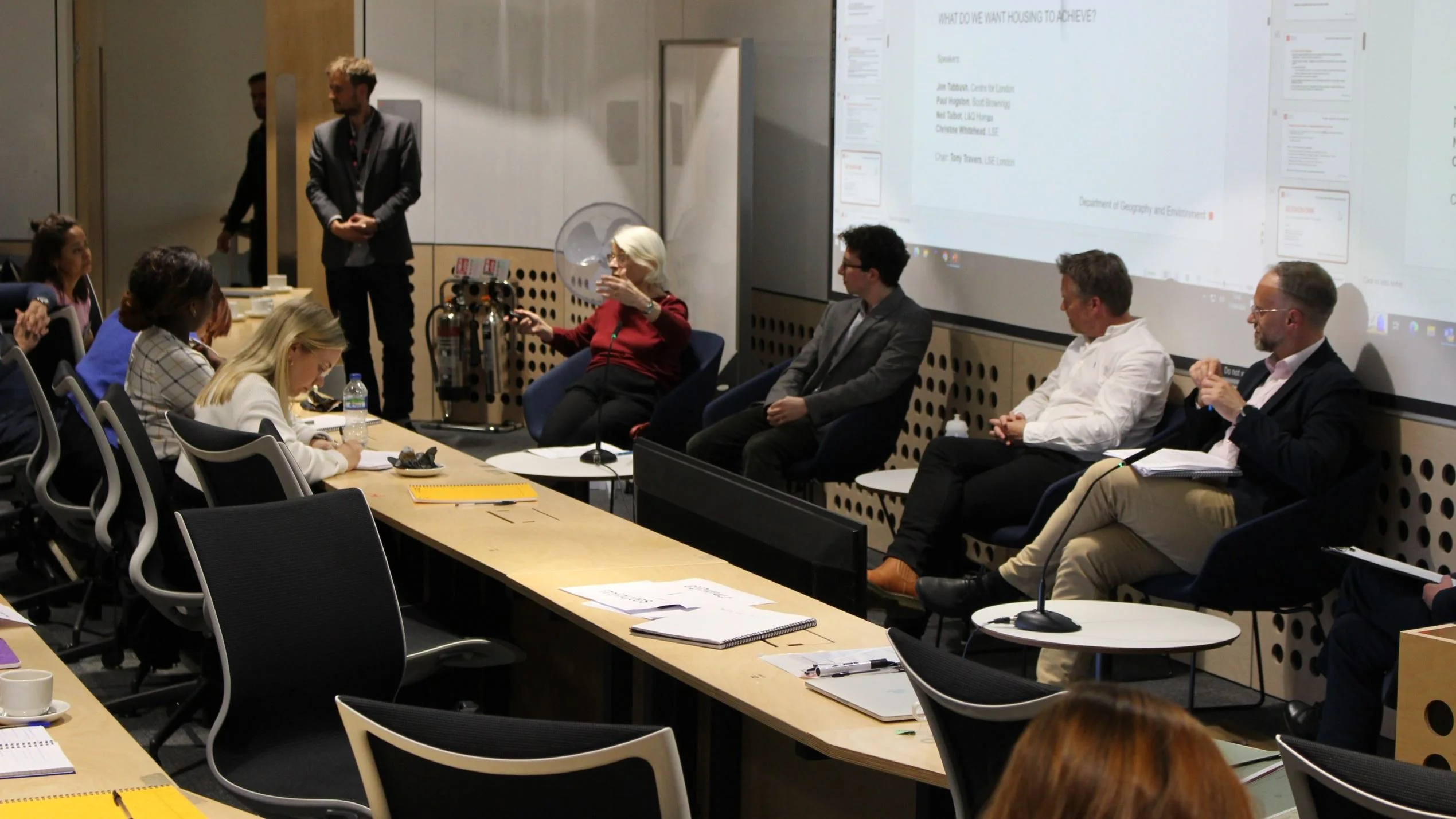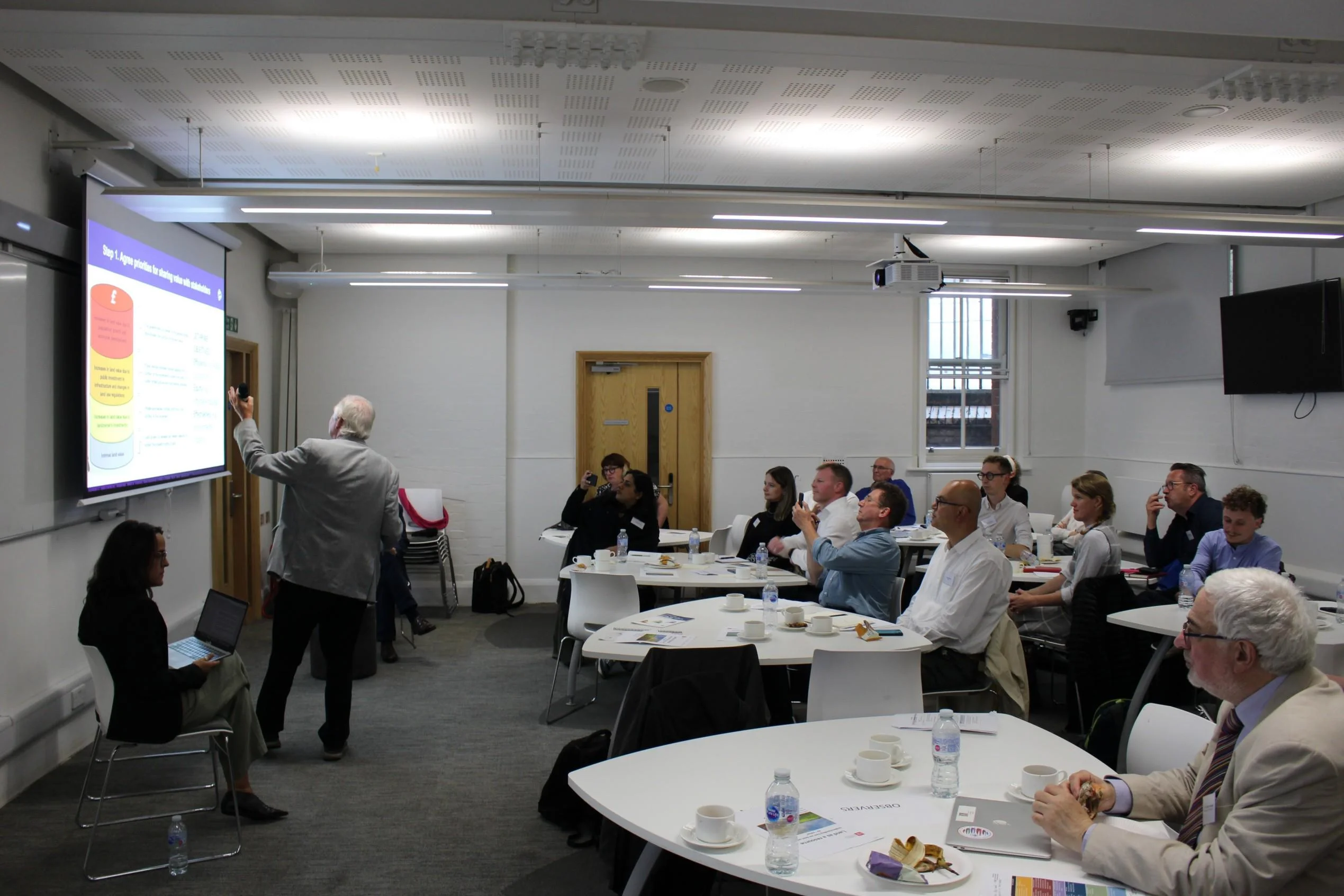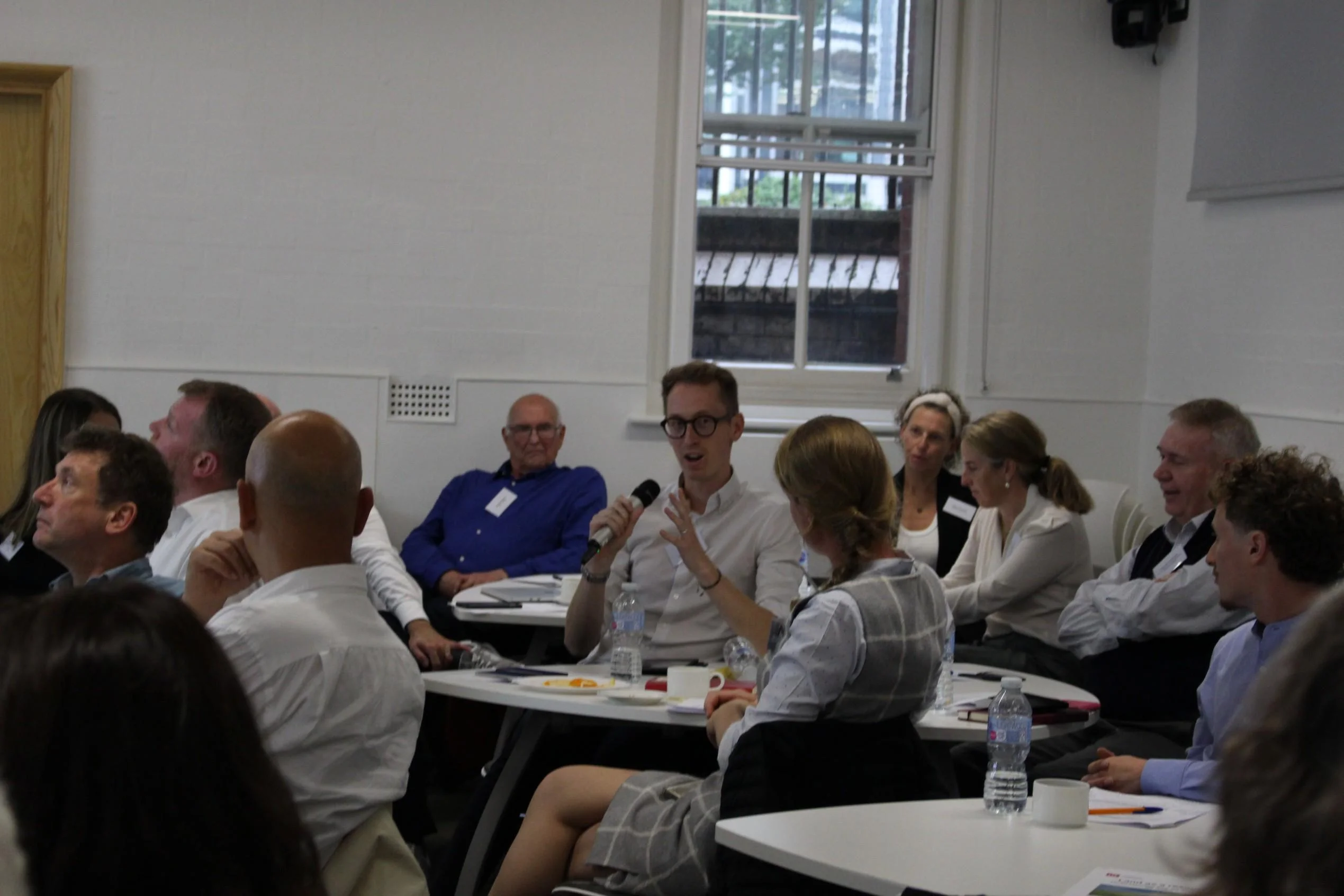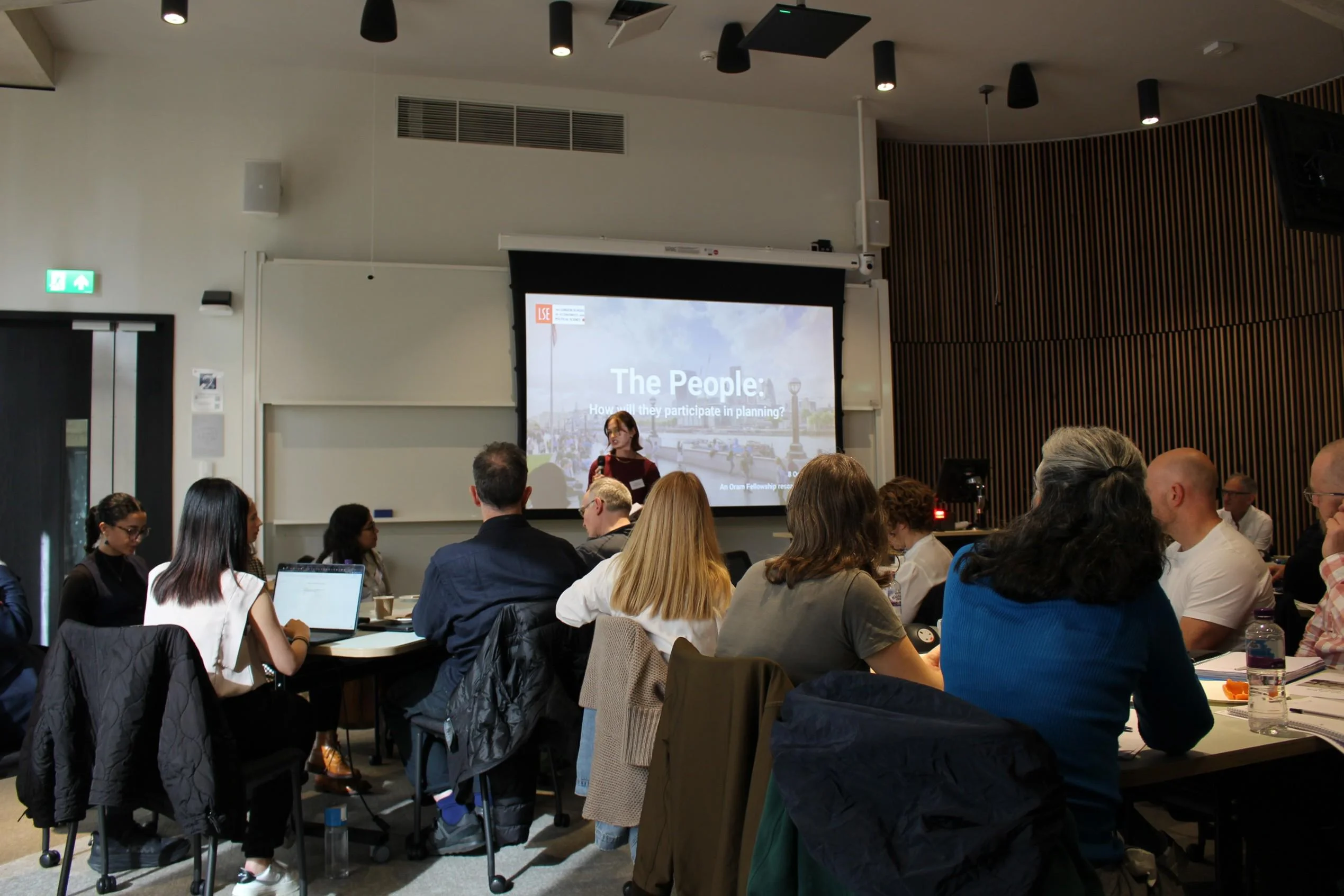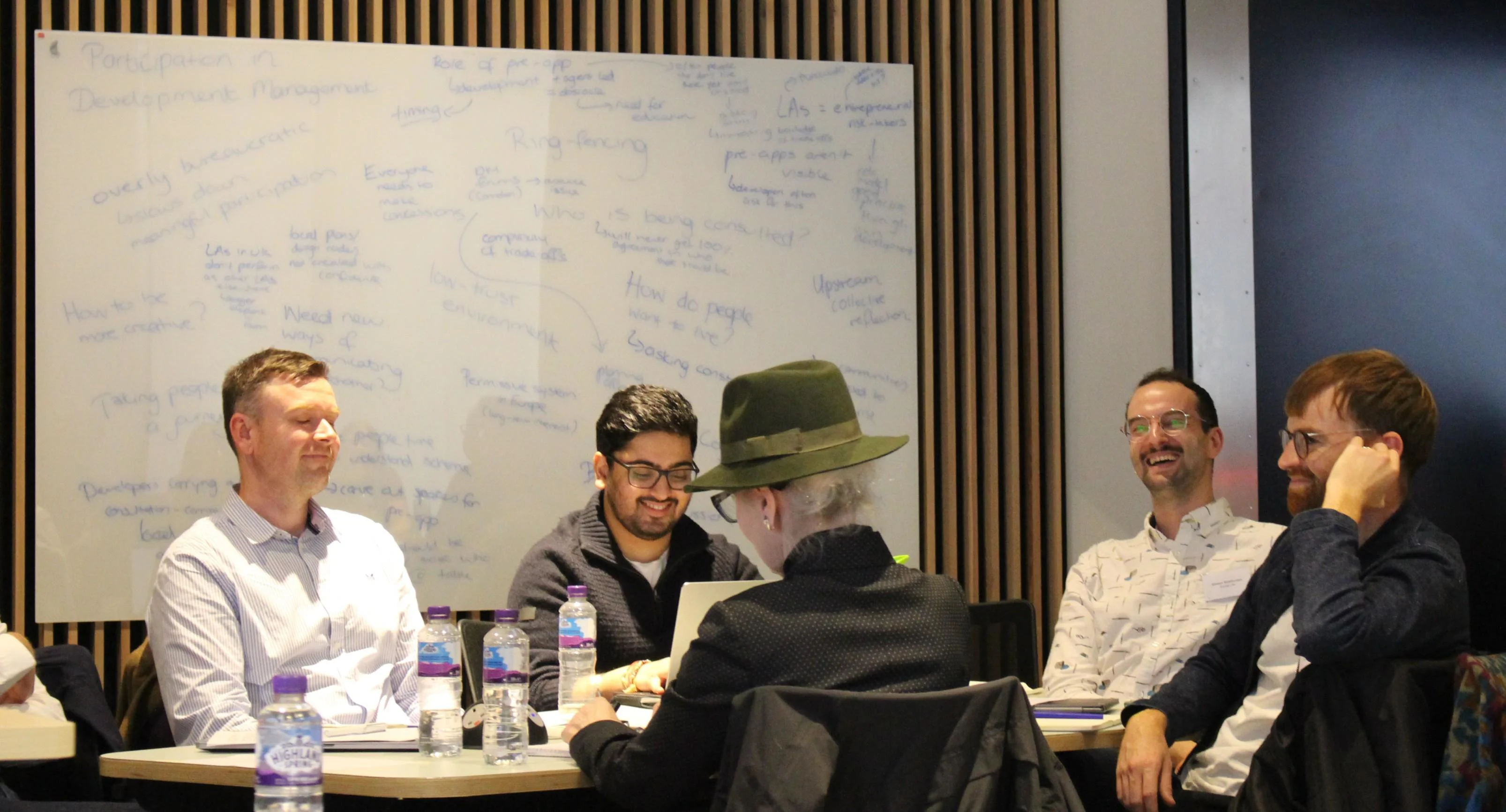Planning with Purpose: A Values-Based Approach to Planning Reform

An Oram Fellowship project looking into the governance of Urban Planning and Policy in Greater London and the Wider South East
This research investigates the planning system, using a values-based approach, to explore the tensions surrounding its reform. The project aims to propose progressive policy advice through a reconceptualisation of planning as an arena for managing a multiplicity of values.
There are very few public spaces now where politics go on, and this [planning] is one of them... It goes with the territory. It cannot be passed over. And quite the opposite. We need to actually go with it.
Labour came to power in 2024 placing economic growth at the top of its mission-driven agenda for the next five years. Specifically, the Government is focused on accelerating housing and infrastructure delivery, with planning highlighted as both the lever for transformative change and the main obstacle to progress.
Planning is integral to realising the growth agenda. It is essential for creating economic, social and natural capital in the UK. Its multisectoral nature presents a real opportunity to tackle the complex problems our society is currently facing. However, it is no secret that the current planning system does not deliver the quality and scale of outputs necessary to meet society’s needs. Moreover, distrust in planning processes and procedures also inhibits quality development from the get-go.
However, the complexity of planning stems not only from its bureaucratic procedures but from the competing values circulating within the system. They continuously tug at what planning should deliver and how – causing delay and lessening planning’s ability to address long-term problems. We suggest that holistic reform must address the values that influence planning culture and governance.
Understanding what matters to key actors and getting them on board is therefore crucial for successful reform. Our Values-Based Approach to planning embraces the complex and ambiguous nature of value circuits. We do not shy away from the politics of planning but seek to deliver meaningful recommendations for reform by untangling the multiple competing values that circulate within the system. As our research revealed:
"There are very few public spaces now where politics go on, and this [planning] is one of them... It goes with the territory. It cannot be passed over. And quite the opposite. We need to actually go with it." - Community Group Representative
In our report, we zoom in on three central aspects of the planning lifecycle - Community Participation, Land Use and Housing Delivery – asking two important, yet simple questions: What do we want from a new generation of planning? And how do we get there?
Image credit: Photo by Fas Khan on Unsplash





